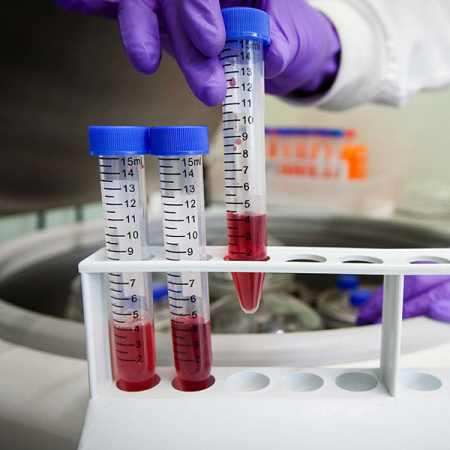Description
This module explores the contribution of genomics to neurological disorders. Students will receive refresher sessions focussed on neuroanatomy and the development of the neurological system followed by an introduction to the key diagnostic tools used in neurology. They will learn about the major neurological disorder categories which have a high genetic contribution. The module will explore the value of the multidisciplinary team in phenotyping, interpretation of results, management and family communication.
Throughout the module, students will learn from experts in genomics and related disciplines about:
- an overview of neurodevelopment and basic neuroanatomical structures;
- approaches and techniques used in phenotyping of neurological disease (neuroimaging, electrophysiology, pathology);
- clinical presentation and course of a range of rare inherited and common neurological disorders (for example, neuromuscular, mitochondrial diseases, paediatric neurodevelopmental disorders, neurodegenerative disorders);
- modelling of multidisciplinary approach to inherited neurological disease; from phenotyping and interpretation of genomic data to management; and
- the impact of inherited disease on the whole family and considerations for predictive testing (genetic counselling and ethics in practice).
Learning outcomes
By the end of this module you will be able to:
- Discuss the molecular basis of neurological diseases and the different technologies required to make a diagnosis.
- Evaluate the importance of deep phenotyping using specialist investigations and the importance of recognising non-neurological features to aid diagnostics.
- Reflect on the impact that inherited neurological disorders has on the wider family.
- Discuss the utility of genomics in the development of novel therapeutics for neurological disorders.








